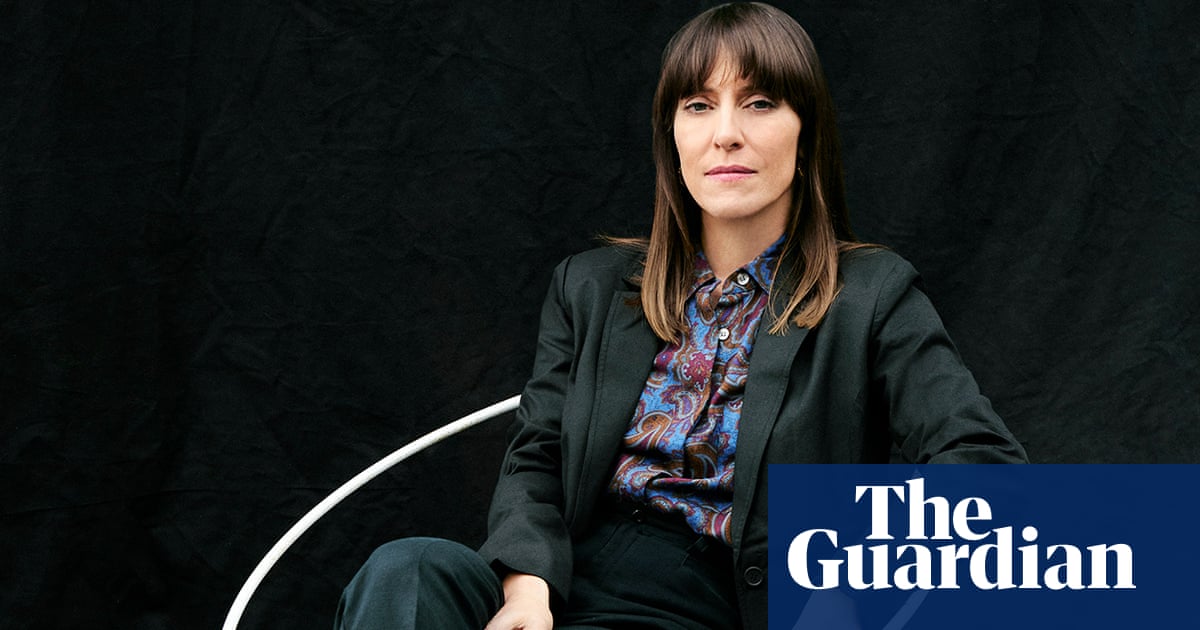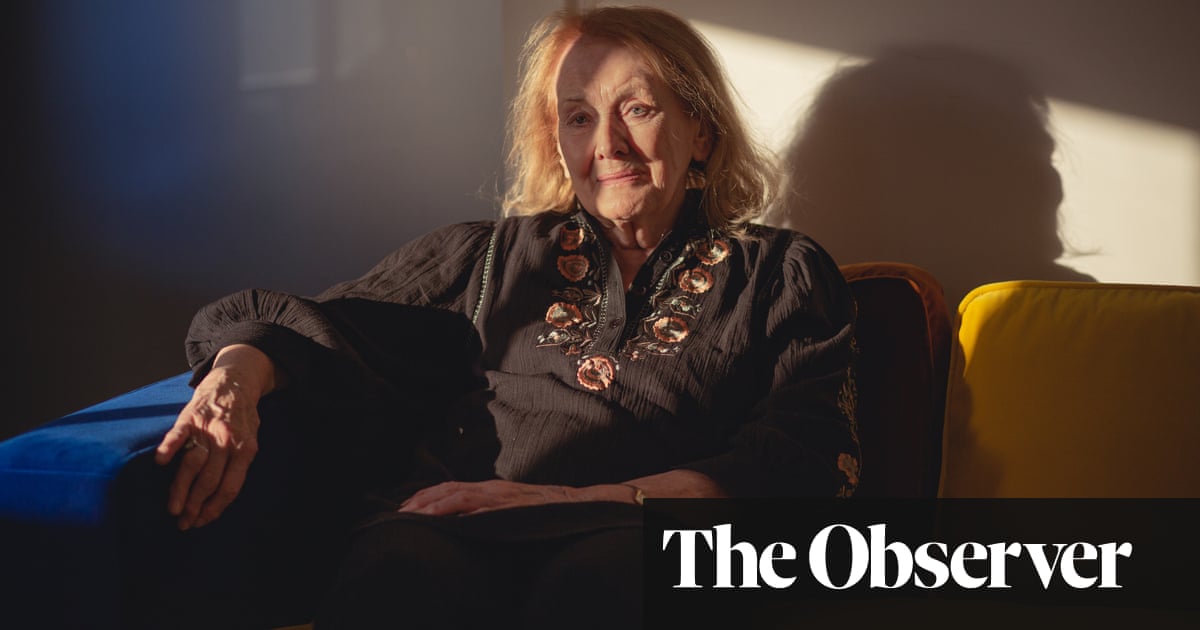
Anyone who has ever tried to be a trailblazer in women’s sport will identify with Sara Cox’s inch-perfect analogy. “It’s like walking through a patch of stinging nettles,” suggests the world’s first female professional referee. “If you’re the first one to do it, you’re going to get stung. If you’re the next person behind me, I’ve already created the path for you. You just need to walk.”
Even in supposedly enlightened 2022 it is already clear that professional rugby is not yet a totally level playing field and, as Cox puts it, “there’s always going to be a little bit of friction”.
Ideally the hugely capable Cox would be sitting here on the outskirts of Exeter discussing the plum officiating gigs she has already enjoyed, notably last year’s Olympic women’s sevens gold medal match. Instead the 31-year-old is quietly reflecting on the hidden battles she still has to fight in a traditionally alpha-male environment.
Take the history-making day last September when the Devonian became the first woman to referee a Premiership fixture. Her performance in Harlequins’ game against Worcester at the Twickenham Stoop earned universally good reviews; now it turns out she had to wear men’s kit in the absence of properly fitted women’s gear. She ended up in an extra small men’s jersey which she customised herself at home. “With me we’re treading ground we’re never trodden before. ‘We’ve never had a female in the Premiership before so why would we need to order female kit?’ It’s not even considered.”
Another fact of life is regularly opting to share a small dressing room with her two male assistants, as opposed to being exiled to a distant side of the ground which can make her pre-match tasks – stud checks etc – more logistically tricky. She mostly finds it easiest to escape around the corner to the shower area and do a speedy change there. “I don’t want to make my male counterparts uncomfortable by changing in front of them … that’s not fair because they don’t know what to do.”
Cox, back at the Stoop as an assistant referee for Saturday’s rerun of Quins’ dramatic 2021 Premiership final encounter with Exeter, is not complaining: she is simply telling it like it is, having refereed men’s matches in unglamorous surroundings since she was 17. She was also once a decent enough winger to have been invited to England Under-20 trials. Many are hoping 2022 will prove a stellar year for women’s rugby but, equally, greater recognition for brilliant role models such as Cox is seriously overdue.
How long must we wait, for example, for a woman – whether it be Ireland’s Joy Neville, Scotland’s Hollie Davidson, South Africa’s Aimee Barrett-Theron or Cox – to control a men’s Six Nations fixture? In Cox’s view, the naysayers are fast running out of road. “Nobody has ever turned around to me and said: ‘You’ll never get to men’s international rugby.’ In theory there is no reason why not. None at all.”
It might even increase respect for officials worldwide. Aside from some social media abuse following the Olympic final – “You name it, they complained about it” – Cox insists her main on-field issue is players not knowing what to call her. “They stand there almost like little schoolboys going: ‘Er, um …’ I just say: ‘Call me Sir.’ I really don’t mind. By the time they’ve tried to correct themselves and address me as ‘Ref’ or ‘Ma’am’, they’ve often forgotten the point they were trying to make.”
Some, though, have been supportive, notably the England prop Joe Marler who promised the scrums in the Quins v Worcester game would not descend into chaos. Sure enough, there were no issues and Cox came away with memories she will forever cherish. “If I could bottle that feeling I’d be a very rich person. People could say what they liked on social media … they were never going to take that unique moment away from me.
“Sometimes the easiest part of your job is being on that field. You’re free of the peripheral noise … you go out and feel at home. In your mind you’re thinking: ‘This is what makes me happy.’ Sometimes people find it strange that a referee might smile. They think about a referee as a robot. It’s as if I should have no personality. Why? I’m still a human being. It’s almost like people think I’m a thing that makes decisions. We’ve got to change that and break that down.”
It might also help if rugby folk knew how deep Cox has had to dig emotionally to make it this far. “If I wasn’t optimistic I would have given up a long time ago. There have been a couple of times when I’ve been in some very dark places, both personally and professionally.” The biggest jolt was a breast cancer scare early last summer. “I found a lump in a place I wasn’t expecting to find one. Everything else suddenly doesn’t matter any more. Your whole world stops spinning. You stand there and think ‘Now what?’ Unfortunately there is cancer in my family: my grandmother had it and my mum had a scare as well. You forget about being out on a rugby pitch and all the things that come with that.”
Thankfully things turned out fine and her optimistic streak also remains intact. As she continues to stride through her metaphorical nettles – “Yeah, I’m going to get stung a couple of times but I know that what I leave behind me will make life so much easier for the next generation” – she also senses times are finally changing. “I think we’ve got people in the Rugby Football Union who are willing to look at the future of the game and have a genuine desire for it to be all inclusive, no matter your background, your sex or how you identify.”
So what about her own remaining ambitions? Surely she fancies being the next Wayne Barnes or Luke Pearce? “It’s very difficult for me to turn around and say: ‘I think I should be there.’ I have zero control over how appointments are done. The guys above me do that.” OK, but can she feel another slice of history beckoning? “You’ve just got to focus on the bits you can control. Can I go to the gym at 7am and make sure I’m as fit as I can be? Can I go home and put the necessary time into my post-match reviews? Do all that and I put myself in a position where they have no excuse any more.”












